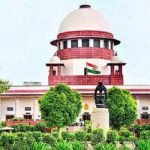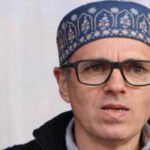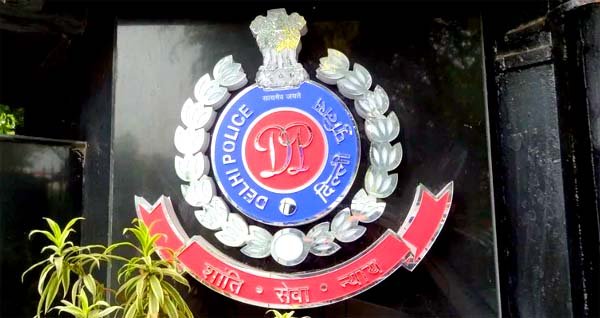New Delhi, July 14 (UNI) The Supreme Court today dismissed a plea challenging the extension of the five-year ban imposed on the Students Islamic Movement of India (SIMI), an organisation declared as an “unlawful association” under Section 3(1) of the Unlawful Activities (Prevention) Act.
A bench comprising Justice Vikram Nath and Justice Sandeep Mehta was hearing a petition filed by a former SIMI member against the order dated July 24, 2024, passed by the Unlawful Activities (Prevention) Tribunal, Delhi, which had confirmed the Central government’s January 2024 notification extending the ban.
During the hearing, the petitioner’s counsel informed the bench that there are ten other similar cases pending before the Court raising important questions of law, and urged that notice be issued in the present petition and the matter be tagged with the pending cases.
However, the bench noted that the petitioner did not participate in the proceedings before the Tribunal.
When informed that the petitioner was a former member, the bench asked, “Why are you here? Let the organization come.”
On being told that the organisation no longer exists, Justice Nath questioned how the matter affected the petitioner.
The petitioner’s counsel argued that certain legal issues remained to be adjudicated and that previous Tribunals had locus to challenge orders passed against SIMI despite it being defunct.
Justice Mehta observed that the petitioner could raise all contentions in the pending cases but declined to entertain the present plea.
SIMI has been under a continuous ban since September 2001. In January 2024, the Ministry of Home Affairs, extending the ban, stated that SIMI continued to be involved in fomenting terrorism, disturbing peace, and communal harmony in the country, and that many criminal cases had been registered against its members under various laws, including the UAPA.
Earlier, in January 2019, the ban on SIMI was extended for five years, with the MHA listing 58 cases involving SIMI members, including the 2017 Bodh Gaya blasts, the 2014 M Chinnaswamy Stadium blasts in Bangalore, and the Bhopal jailbreak in 2014.
This extension was upheld by a UAPA Tribunal led by Delhi High Court judge Justice Mukta Gupta in August 2019.
In 2021, petitioner-Human Ahmad Siddiqui approached the Supreme Court challenging the 2019 notification.
The Centre, in its 2023 response, justified the ban by referring to SIMI’s Constitution, which spoke of objectives like the establishment of an Islamic system in India, stating that such objectives were in direct conflict with India’s democratic and secular framework.










